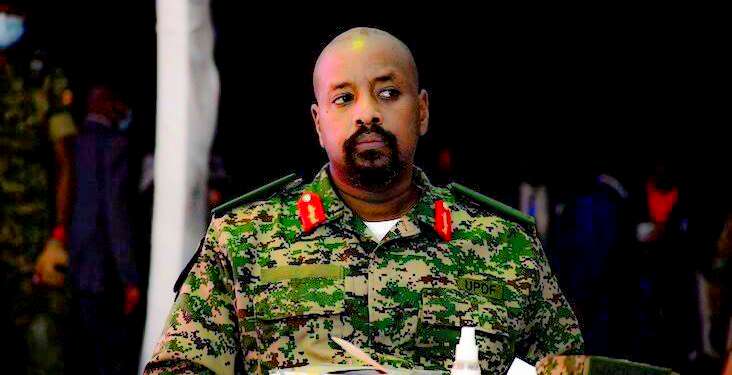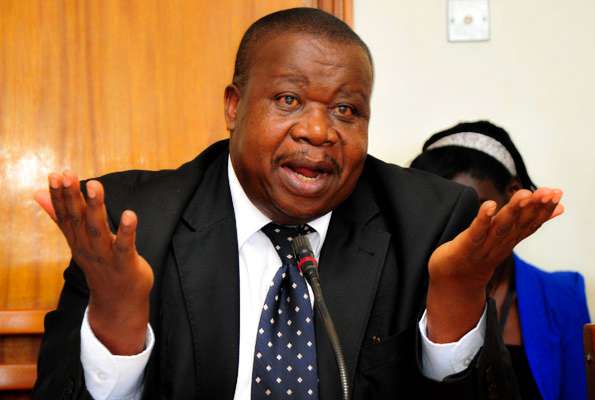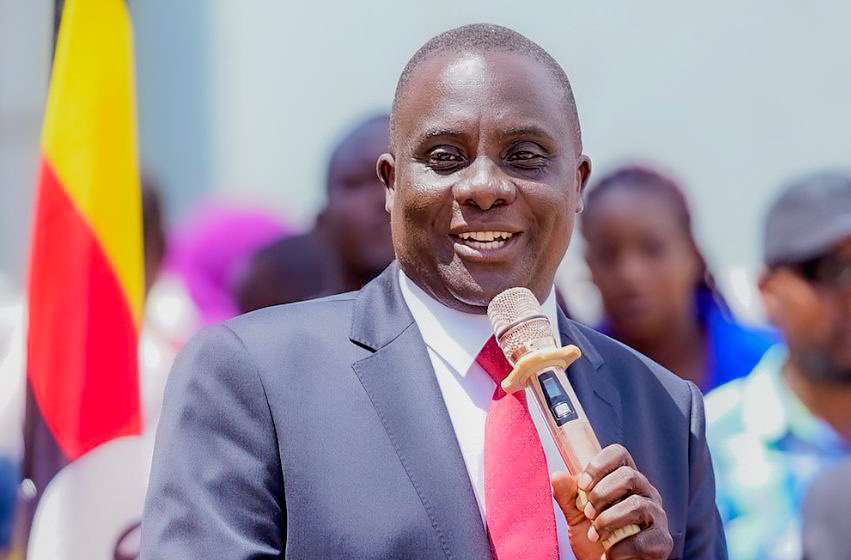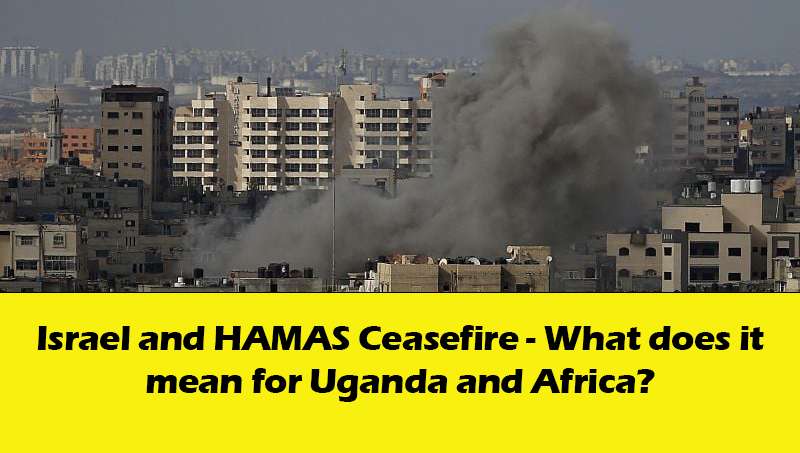Politics
Pessimistic or Realistic? Lord Mayor Erias Lukwago Briefs New KCCA ED Hajjat Sharifah Buzeki.
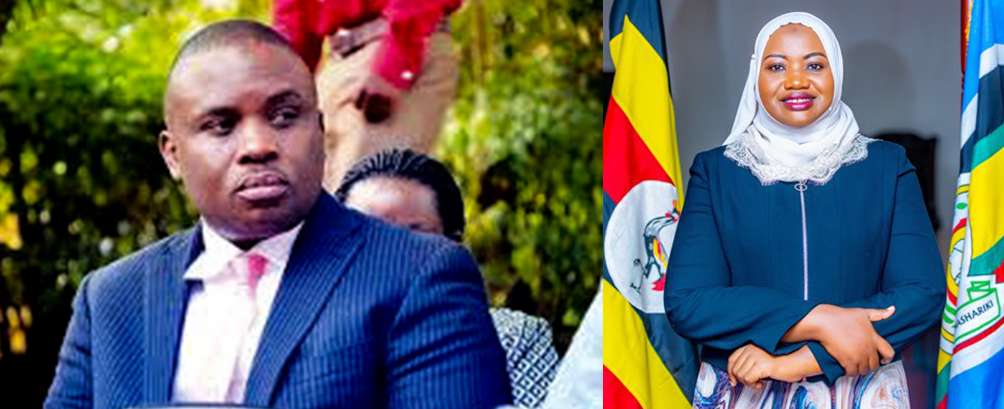
Kampala’s bustling metropolis, often a political and administrative drama stage, has witnessed yet another changing of the guard at the Kampala Capital City Authority (KCCA). With Sharifah Buzeki assuming the mantle of Executive Director and Benon Kigenyi as her deputy, a familiar yet sobering welcome awaited them from the long-serving Lord Mayor, Erias Lukwago. His remarks, oscillating between cautious optimism and unvarnished realism, painted a grim picture of KCCA's systemic challenges.
The Lord Mayor congratulated Buzeki and her deputy, acknowledging the prestige and weight of their new roles. However, his optimism was tempered with a stark reality check. “I welcome you to a dysfunctional institution called KCCA,” he declared, setting the tone for his address.
Lukwago pointed out the core challenges plaguing the institution, from fractured corporate governance to the absence of a clear chain of command. “There are too many power centres, which breeds a lot of confusion,” he lamented, urging Buzeki to investigate the reasons behind KCCA's chronic struggles.
While offering his best wishes, Lukwago highlighted the magnitude of her task: navigating an institution characterized by underfunding, bureaucratic inefficiencies, and a lack of cohesive structural planning.
Lukwago’s candid remarks reflect broader concerns about KCCA’s governance framework. He emphasized the persistent lack of a structural plan, which has hampered Kampala’s development and exacerbated its slum problems. “Without a structural plan, we are incapacitated,” he warned.
This was echoed by Frank Rusa, who highlighted the financial constraints KCCA faces. “We receive only less than 25% of our annual budgetary needs,” Rusa noted, adding that chronic underfunding limits the authority’s ability to address pressing issues like road rehabilitation and social welfare.
Despite the challenges outlined by Lukwago, Buzeki struck a hopeful tone during her inaugural address. Expressing gratitude to President Yoweri Museveni for entrusting her with the position, she pledged to tackle the city's pressing issues with a fresh perspective.
“We need to promote waste-to-energy solutions and conduct education campaigns for better waste management,” she said, underscoring the importance of sustainable solutions for Kampala’s perennial waste crisis.
Buzeki also promised to bolster anti-corruption efforts within KCCA. “Corruption is a pain in every institution, but it is not something that cannot be mitigated,” she asserted, vowing to make the practice a “risky venture” for employees.
Her vision extends beyond administration to fostering a safe and secure city where residents can live peacefully. “Kampala City is a city with tremendous potential,” she declared, signalling her determination to unlock it.
As the third woman to occupy the role of KCCA Executive Director during Lukwago’s tenure, Buzeki inherits a legacy of both hope and turbulence. The Lord Mayor’s reflections, though laced with pessimism, may serve as valuable guidance for navigating the complexities of her role.
The challenges ahead are immense—from addressing systemic corruption and funding gaps to creating a cohesive structural plan for the city. However, with a combination of determination, resourcefulness, and collaboration, Buzeki and her deputy have an opportunity to bring transformative change to Kampala.
For now, the city waits, balancing its cautious optimism with the stark realities of its governance. Whether Buzeki’s tenure will bring a new dawn or continue the cycles of dysfunction remains to be seen, but one thing is clear: the path forward will demand nothing short of resilience and innovation.


